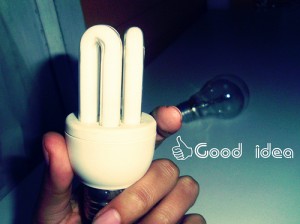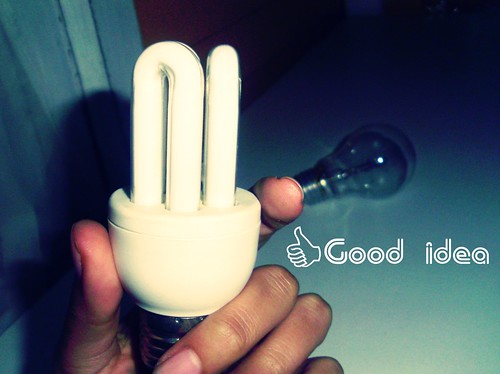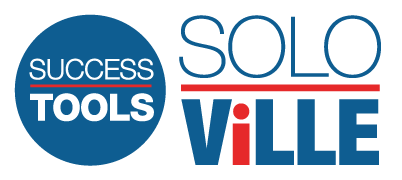 Dr. John Gottman is a psychology researcher who can predict whether or not a newly married couple will still be together in five years with over 90% accuracy. His success rate is staggering and he suggests that his results are based on how couples argue, he analyses their behaviour when there is a disagreement. Interestingly he has discovered that the ability of couples to engage in healthy, respectful altercations predicts longevity in their relationship.
Dr. John Gottman is a psychology researcher who can predict whether or not a newly married couple will still be together in five years with over 90% accuracy. His success rate is staggering and he suggests that his results are based on how couples argue, he analyses their behaviour when there is a disagreement. Interestingly he has discovered that the ability of couples to engage in healthy, respectful altercations predicts longevity in their relationship.
 The same principles apply to teams of creative’s. A recent study from Charlan Nemeth at UC Berkeley support this theory as do the findings of highly creative firms such as Xerox PARC and Pixar, they suggest that frequent, structured episodes of conflict are a very important factor in the process of discerning ideas.
The same principles apply to teams of creative’s. A recent study from Charlan Nemeth at UC Berkeley support this theory as do the findings of highly creative firms such as Xerox PARC and Pixar, they suggest that frequent, structured episodes of conflict are a very important factor in the process of discerning ideas.
There is a large collection of research which supports the idea that conflict within teams is positive and this is increased when the fighting is centred around creative ideas. A lack of conflict might suggest a deficit of ideas or that the team values agreeability in favour of results. Whatever the case it seems that an overly agreeable and cohesive culture in the workplace may be hindering the generation of truly unique and creative endeavours.
When a concept or idea is in its infancy, constructive debate and conflict are essential in the process in testing the value of these ideas and increasing their worth. Robert Sutton, professor at Stanford University puts it this way: “Constant argument can mean there is a competition to develop and test as many ideas as possible, that there is wide variation in knowledge and perspectives.”
When a concept or idea is in its infancy, constructive debate and conflict are essential in the process of testing the value of these ideas and increasing their worth.
During a study by a team of researchers led by Charlan Nemeth of UC Berkeley researchers wanted to examine whether conflict truly played a part in the construction of creative ideas. They separated the subjects into three situations (minimal, brainstorming, and debate) and then split them into teams within these standings.
The different groups were all asked to brainstorm ideas for the same agenda: how to reduce traffic congestion in the San Francisco Bay Area. Teams in the “minimal condition” were given no other instructions and told to develop as many ideas as they could. Groups in the “brainstorming condition” were provided with a set of brainstorming rules; the paramount rule among them being the notion that participants should refrain from passing judgment and that no idea should be criticized or debated. Teams in the last, “debate condition” were dictated a set of rules similar to the brainstorming group but with one crucial difference: they were told to debate and criticize others’ ideas at the moment they were shared.
The exercise generated a clear winner. The groups within the “debate condition” came up with the majority of ideas; these teams produced 25% more ideas than the other groups in the same amount of time. It is also interesting to note that the teams in the “brainstorming condition” did generate more ideas than the teams given “minimal” instructions.
The researchers performed follow-up interviews with the participants in the above task and reported that subjects from the “minimal” and “brainstorming” conditions did have one or two more ideas for solving the traffic congestion problem, but participants in the “debate condition” gave an average of seven extra ideas. In summary of this study and its results Nemeth writes” Our findings show that debate and criticism do not inhibit ideas but, rather, stimulate them relative to every other condition.
The groups within the “debate condition” came up with the majority of the ideas, these teams produced 25% more ideas than the other groups in the same amount of time.
For the animators at Pixar conflict and discussion are already a part of their morning schedule. The teams gather at the start of each day to analyse and debate works from the previous day in a process called “shredding”. No detail is too minor for debate and no one is forbidden from arguing against anyone else, every frame is examined and criticized along with the sound and lighting aspects of projects. The people at Pixar understand that this is an essential process for them to be able to keep producing quality works.
Xerox’s Palo Alto Research Center, PARC are another company that frequently organised debate as part of their development laboratory operations in the 1970’s. These weekly meetings were called “Dealer”(from the popular book Beat the Dealer) One person would be chosen from the room to present an idea and defend it from the engineers and scientists in the room determined to prove the dealer wrong. These debates helped to develop and improve products sometimes resulting in new ideas for future pursuit.
During these meetings the members made sure that only intellectual criticisms received attention and consideration. Bob Taylor, a former manager said “If someone tried to push their personality rather than their argument, they’d find that it wouldn’t work.” Fighting over a person’s rationale was always acceptable, fighting about her personality or demeanour was never permitted.
Whenever you’re debating ideas, it’s important that you’re participating in the “right fight,” criticizing the ideas of colleagues is fine but criticising them directly is not. This type of conflict is what researchers call “intellectual” or “task” conflict and should be done in an environment of mutual respect. The discussion should also be based on factual information.
Whenever you’re debating ideas, it’s important that you’re participating in the “right fight.”
“Plussing” is a technique developed at Pixar to keep the process of criticising ideas intellectual and beneficial. When work is being reviewed criticisms made must always contain a new idea or tactic that can be used to strengthen the original concept – it must contain a “plus”. Otherwise these sessions can become negative and draining. With plussing these meetings are more positive and offer new ideas to improve upon existing notions. These meeting s are still fights but they are more respectful and healthy. They are good for individuals and teams and aid progress and productivity.
The author Serge Kozak is the founder of GiftIdeas, a hand-picked gift idea recommendation engine.
